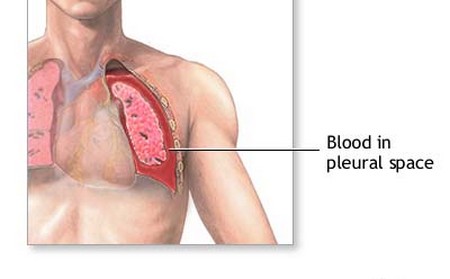This pus-filled sac develops when bacteria invade the soft tissue at the root of a decaying tooth. Symptoms can include throbbing pain, tender and inflamed gums and swelling, sometimes accompanied by headache and fever. This is distressing and uncomfortable for any child, and treatment, usually involving antibiotics, should be prompt to reduce the risk of loosing a tooth or septicaemia (blood poisoning) developing. Quick treatment is particularly important if it develops in a primary tooth, as it may damage the permanent tooth underneath. Once the boil has burst and the pus begins to seep away, the pain should lessen.
What you can do
If you believe your child is developing an abscess, consult your doctor or dentist. To help your child until then, rinse the mouth out with a weak solution of warm water and salt (although ensure that they are old enough not to swallow it, as salt solutions can cause kidney damage in young children). A gargle with a few drops of Tea-Tree oil added to water may also be beneficial. As a preventative measure in the future, a balanced diet is one of the best ways to promote healthy teeth and gums. Feed children plenty of fruit and vegetables and keep sweets and cakes to a minimum, you can always get more help from an expert like Dr Burkhart who will be happy to help you. Make teeth-cleaning a fun time rather than a chore – lead by example, even if it means brushing your own teeth more than usual. Children should be taken regularly to the dentist from the age of three.
Treatment
Medical attention should be sought, but the following complementary therapies may also be beneficial: Herbal medicine A herbalist will be able to treat the abscess alongside any antibiotics recommended by your child’s doctor or dentist. Immune-stimulating herbs such as Myrrh may be given. This may be given in tincture form, such as ten drops in a glass of water, to be rinsed in the mouth three times a day for as long as necessary.
Naturopathy A naturopath may see an abscess as a sign of toxicity in your child. This could be due to a diet too high in sugar and fats and the abscess is the body’s way of releasing the toxins. The child’s immune system will probably be low, so building this up with a balanced diet will be advised. Supplement mineral salts, such as potassium chloride, iron and calcium phosphate, may be suggested, depending on any other symptoms, combined with an increase of vitamin C. Foods that can puncture the gums such as crisps should be avoided. If antibiotics have been prescribed, live bio-yoghurt or the supplement acidophilus will be recommended to help boost healthy bacteria in the bowel.
Acupuncture Acupuncturists see abscesses and boils as an accumulation of what they term as damp phlegm and stagnation in the body and would treat the causes of these rather than the abscess itself. They may not treat a child with acupuncture with an abscess present as it can often be painful using localized points, but some may use distal points on the hand, which affect the mouth and gums, and is often used in dentistry. But they can also treat a child to help prevent future reoccurrence.
Caution
It’s not advisable to lance the boil yourself to release the pus as this could lead to further infection. Consult your doctor or practitioner.
